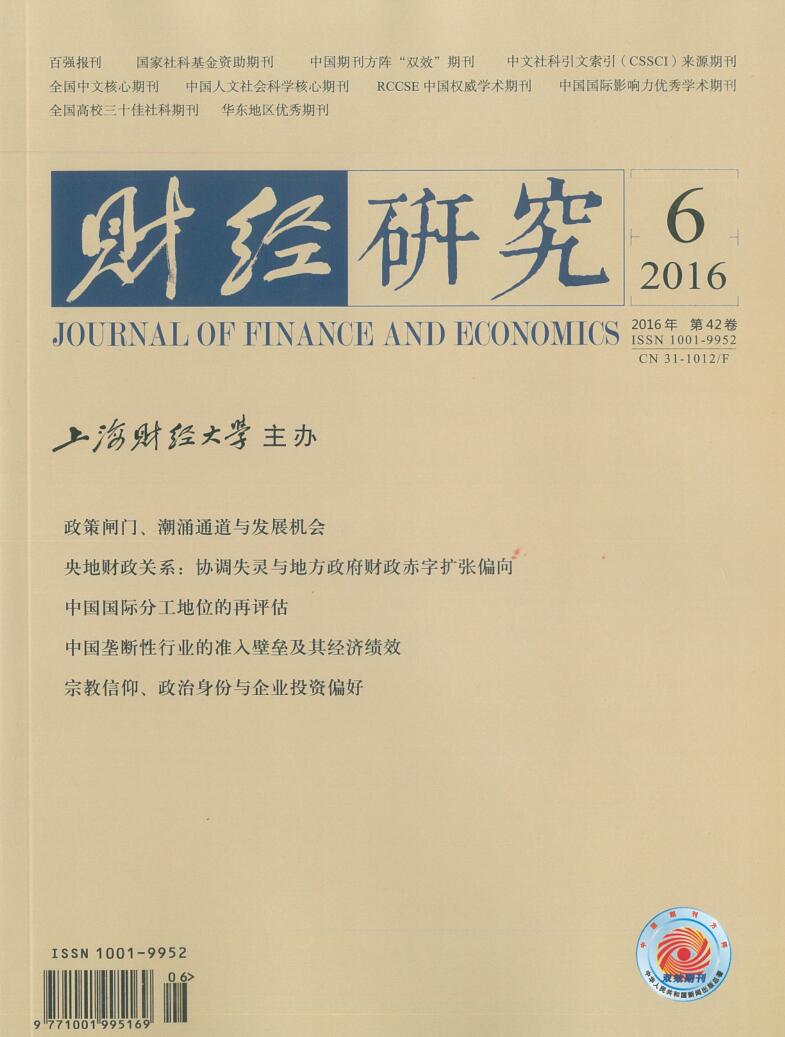Based on the survey of entrepreneurs' religious beliefs, it explores the effect of entrepreneurs' religious beliefs on firm investment activities. It comes to the conclusions as follows:firstly, compared with R&D investment, the entrepreneurs who have religious beliefs prefer relationship-based investment with relatively less risks; secondly, different types of religious beliefs have different effects on investment preferences, and compared with the entrepreneurs who believe in western religion, the entrepreneurs who believe in eastern religion are more likely to invest relationship-based items; thirdly, the influences of entrepreneurs' religious beliefs on investment preferences vary somewhat with entrepreneurs' political identity. Specifically speaking, compared with the entrepreneurs who have political identity, religious beliefs have more significantly positive impact on relationship-based investment if the entrepreneurs do not have political identity. It suggests that political identity may weaken the influence of religious beliefs on relationship-based investment.
 / Journals / Journal of Finance and Economics
/ Journals / Journal of Finance and EconomicsJournal of Finance and Economics
LiuYuanchun, Editor-in-Chief
ZhengChunrong, Vice Executive Editor-in-Chief
YaoLan BaoXiaohua HuangJun, Vice Editor-in-Chief
Religious Beliefs, Political Identity and Firm Investment Preferences
Journal of Finance and Economics Vol. 42, Issue 06, pp. 110 - 120 (2016) DOI:10.16538/j.cnki.jfe.2016.06.010
Abstract
References
Abstract
Cite this article
Lei Guangyong, Liu Mo, Cao Yali. Religious Beliefs, Political Identity and Firm Investment Preferences[J]. Journal of Finance and Economics, 2016, 42(6): 110–120.
Export Citations as:
For




 8153
8153  4488
4488

